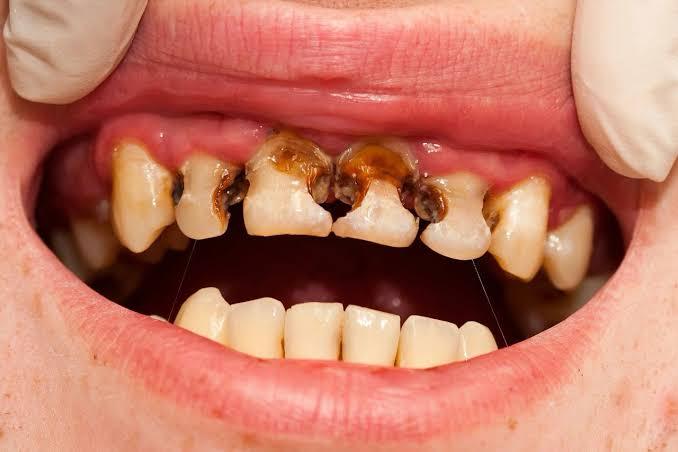
Cavities, also known as tooth decay, are one of the most common dental problems people face. Almost everyone will experience a cavity at some point in their life, but the good news is that they are preventable and treatable with the right care. In this blog, we’ll explore what cavities are, what causes them, and how you can keep your teeth healthy and cavity-free.
What Are Cavities?
A cavity is a hole that forms in a tooth due to the destruction of its hard outer layer, called enamel. Enamel is the hardest substance in the human body, but it can still be damaged over time by acids from the foods we eat, especially sugary or starchy foods. When this damage happens, it creates a cavity, which can lead to pain, infection, and even tooth loss if not treated.
What Causes Cavities?
Cavities develop when bacteria in your mouth break down sugars from food and produce acids. These acids eat away at your tooth enamel, leading to the formation of a cavity. Here are some common causes of cavities:
- Poor Oral Hygiene: Not brushing and flossing regularly allows plaque (a sticky film of bacteria) to build up on your teeth. Over time, plaque produces acids that harm your enamel.
- Too Much Sugar: Foods and drinks that are high in sugar (like candy, soda, and cakes) feed the bacteria in your mouth, making them produce more acid that can damage your teeth.
- Dry Mouth: Saliva helps neutralize acids and wash away food particles. If you have a dry mouth (often due to medications or health conditions), you may be more prone to cavities.
- Not Enough Fluoride: Fluoride helps protect your enamel and can even help reverse early tooth decay. Without enough fluoride, your teeth become more vulnerable to cavities.
- Tooth Location: Teeth at the back of your mouth, such as molars, have more grooves and crevices where food can get trapped. These areas are harder to clean and are more likely to develop cavities.
How to Prevent Cavities
Luckily, cavities are preventable with the right habits. Here are some tips to keep your teeth healthy and free from decay:
- Brush Your Teeth Regularly: Brush your teeth at least twice a day with fluoride toothpaste. Be sure to brush for two minutes each time and make sure to clean all surfaces of your teeth.
- Floss Daily: Flossing removes food and plaque from between your teeth where your toothbrush can’t reach. Make it a habit to floss every day.
- Limit Sugary Foods and Drinks: Reduce your intake of sugary and acidic foods and drinks, such as soda, candy, and fruit juices. If you do consume them, try to brush your teeth afterward.
- Visit Your Dentist Regularly: Regular check-ups allow your dentist to catch any early signs of decay. Professional cleanings also help remove plaque and tartar that you may have missed while brushing.
- Drink Water: Drinking plenty of water helps wash away food particles and bacteria, reducing the risk of tooth decay. If you live in an area with fluoridated water, it’s even better for your teeth!
What Happens If You Have a Cavity?
If you think you might have a cavity, it’s important to see your dentist right away. In the early stages, cavities can be treated with fluoride to help remineralize the enamel. However, if the cavity progresses, it may need to be filled. In more serious cases, when the decay has reached the inner layers of the tooth, you might need a root canal or even a tooth extraction.
Conclusion
Cavities are a common dental problem, but with proper care and regular visits to the dentist, they are preventable. By brushing and flossing daily, eating a healthy diet, and getting fluoride treatments, you can protect your teeth and avoid the pain and expense of cavities. Remember, a healthy smile starts with good habits, so take care of your teeth today to keep them strong for years to come!
